Have you ever wondered how computers think? Regular computers work like super-fast librarians, flipping tiny switches called “bits” that are



Have you ever wondered how computers think? Regular computers work like super-fast librarians, flipping tiny switches called “bits” that are

In the run-up to elections in several countries worldwide, misinformation, disinformation, and fake news can be particularly problematic, creating confusion
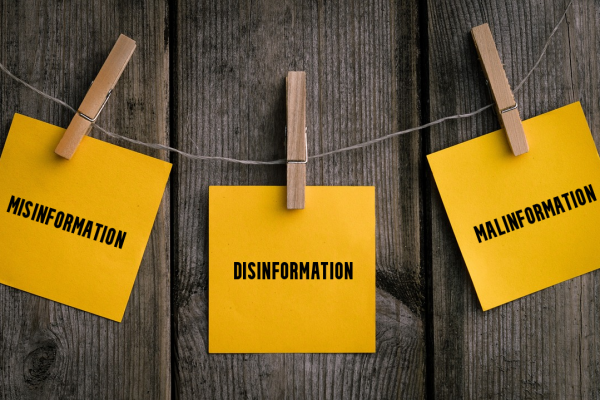
Misinformation, disinformation, and malinformation are all terms that refer to false or misleading information, but they differ in how they
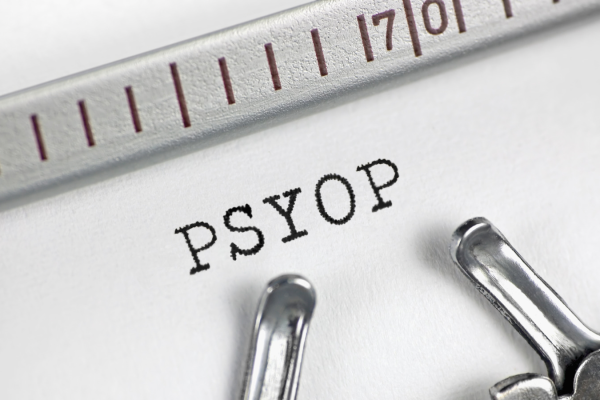
Psychological Operations, often abbreviated as PsyOps, constitute a strategic communication technique employed to influence the perceptions, beliefs, and behaviors of
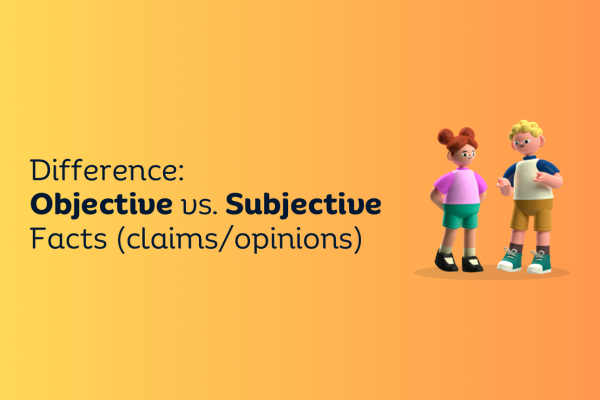
In the realm of human understanding, facts serve as the foundation upon which knowledge and reasoning are built. However, not
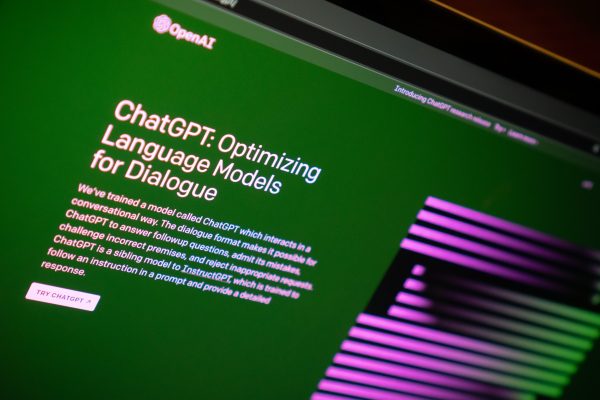
Recently, there has been an increasing concern over the proliferation of fake news, misinformation, and disinformation. With the rise of

In today’s era of information overload, where anyone can post anything on the internet, fact-checking has become an essential component
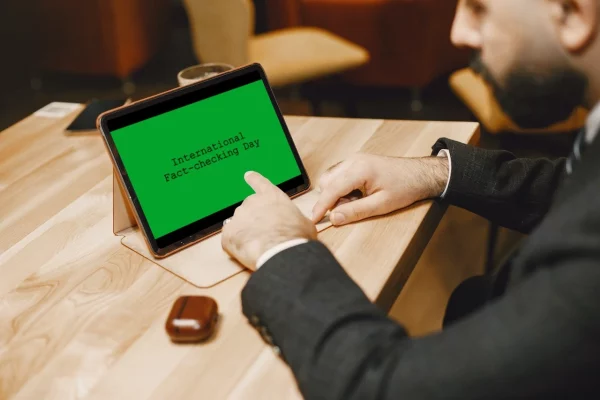
The International Fact-Checking Day, promoted by the International Fact-Checking Network (IFCN) by Poynter in partnership with fact-checking organizations worldwide, is

Critical reasoning is the process of analyzing information, evaluating arguments, and making rational judgments based on evidence and logical reasoning.

The emergence of blockchain technology has been a game-changer in many industries, and the news publishing and reporting industry is
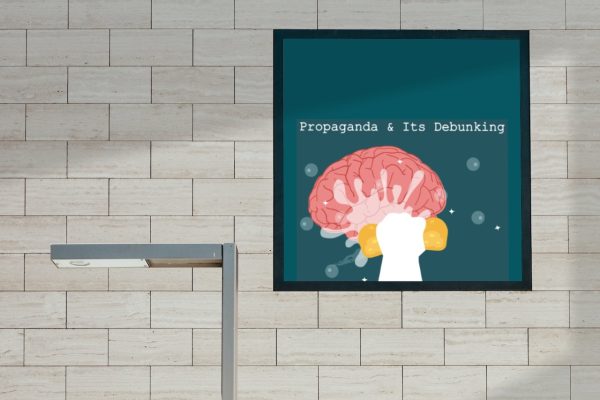
Propaganda refers to the spread of information, ideas, or opinions with the aim of influencing the opinions or actions of
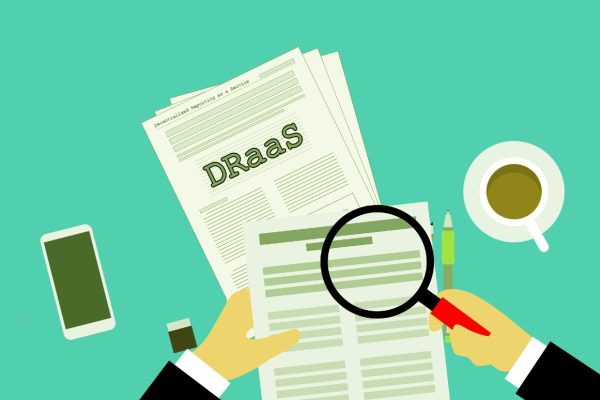
DRaaS (Decentralized Reporting as a Service) is a decentralized version of Reporting as a Service that leverages the benefits of

A public good refers to a commodity or service that is made available to all members of a society without
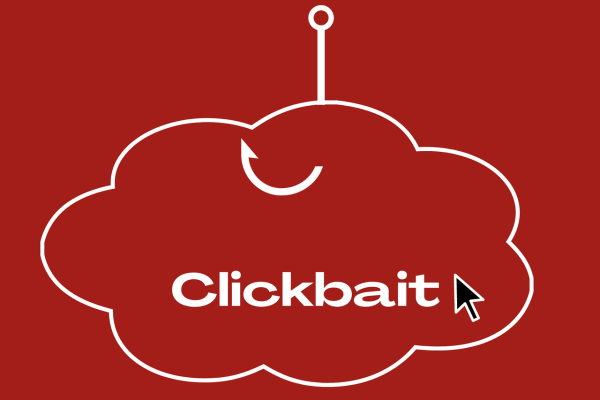
Clickbait is a form of online content that uses sensational or misleading headlines to entice people to click on a
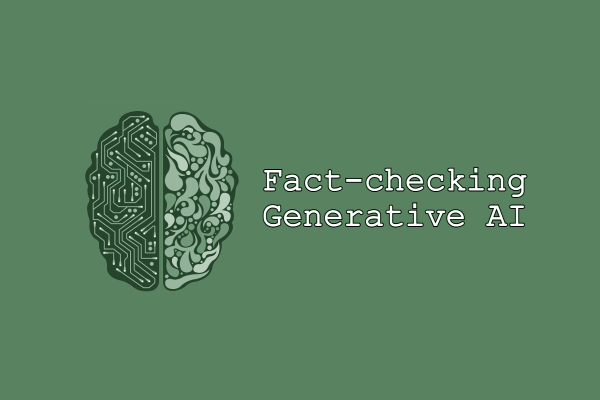
As the technology of Generative AI continues to advance, the ability to create realistic images has become increasingly sophisticated. However,

Generative AI refers to a class of artificial intelligence systems that are able to generate new and unique outputs, such

Fact-checking is an essential aspect of reputation management, as it helps to ensure that the information that is being shared
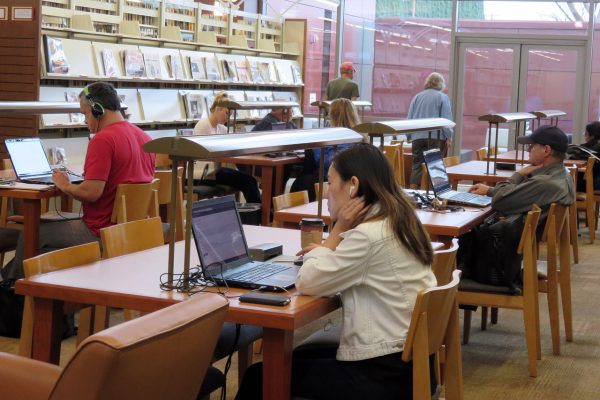
Fact-checking is a crucial step in the academic research process. It helps to ensure that the information presented in a

Sustainability is an important aspect of the fact-checking process for a number of reasons. In this context, sustainability refers to
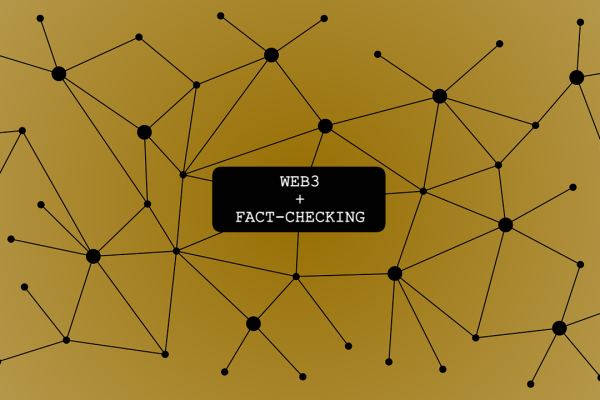
Web3, also known as the decentralized web, refers to the use of blockchain technology to create a decentralized network of
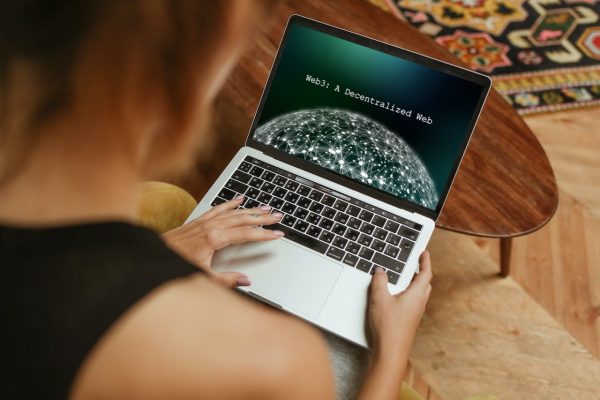
Web3 aims to give users more control and ownership over their online content and interactions. Web3 is often referred to

Fact-checking is the process of verifying the accuracy of information or claims. It is an important skill in today’s world,
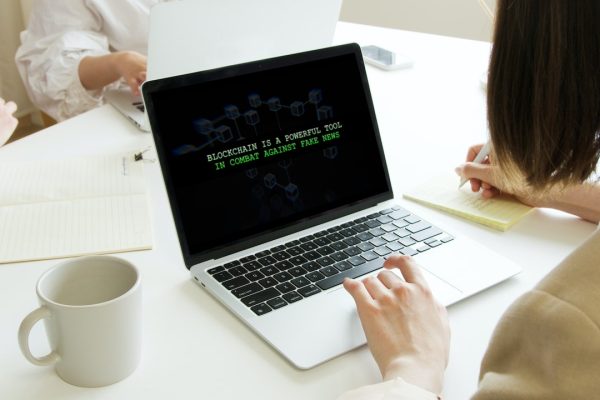
Blockchain technology has the potential to revolutionize the way we consume and disseminate information, including news. One of the major
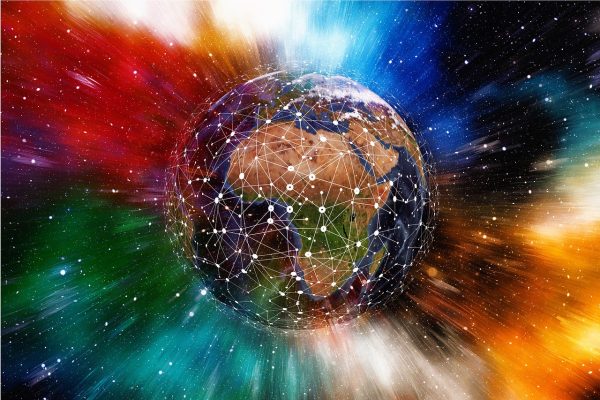
Decentralized fact-checking is a system in which information is verified and validated by a decentralized network of individuals (community) rather
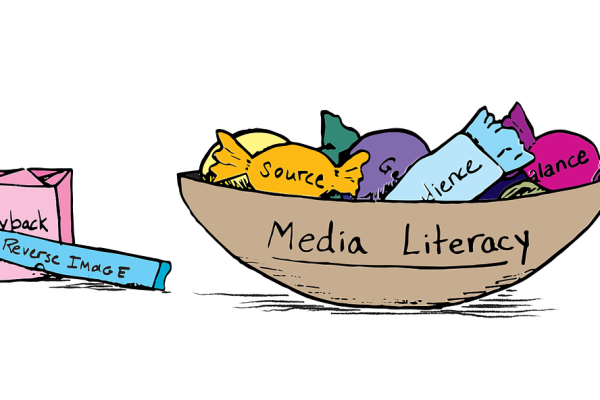
The ability to access, analyze, evaluate, and create media is referred to as media literacy. It is an essential skill

Investigative journalism is a type of journalism that involves in-depth research and reporting on a specific topic, often with the
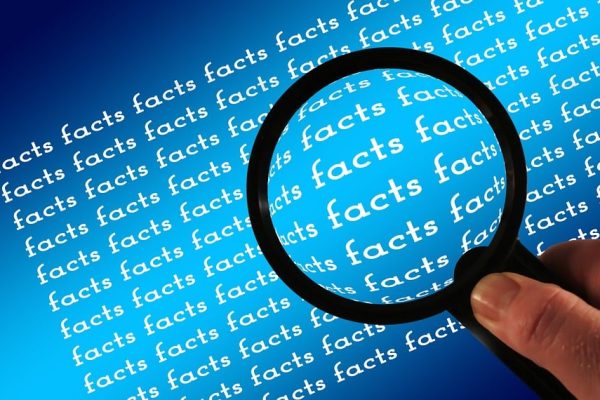
Fact-checking is the process of verifying the accuracy of information and statements made by individuals or organizations. It is an
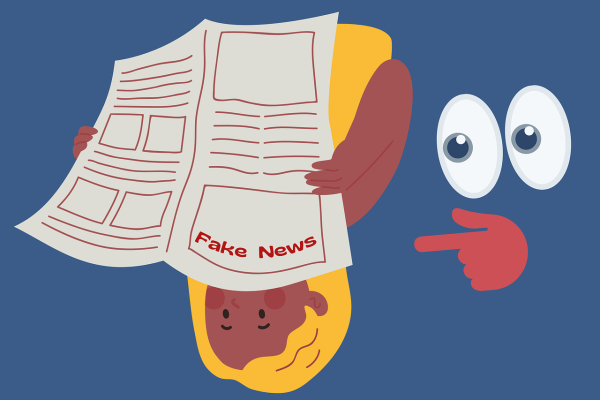
Disinformation is a growing concern in today’s society, as it can have serious consequences for individuals and organizations. Disinformation refers
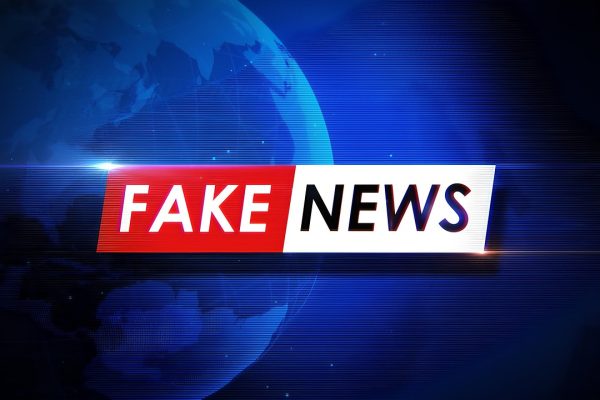
Fake news and misinformation are becoming increasingly prevalent in today’s society, and they can have serious consequences. False or misleading